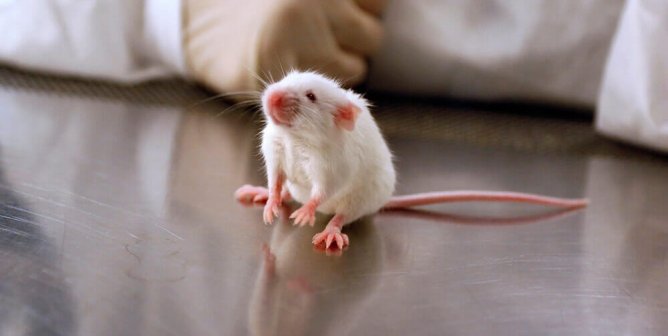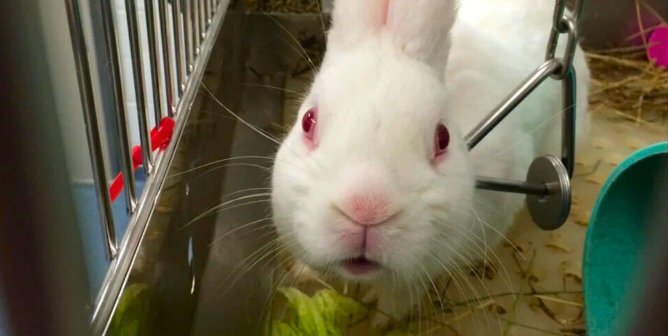Genotoxicity
Genotoxicity refers to changes in the genetic material (deoxyribonucleic acid or DNA) of cells caused by exposure to a chemical. Regulatory agencies, such as the U.S. Environmental Protection Agency and the U.S. Food and Drug Administration, usually require multiple tests—often both animal and non-animal—to evaluate the genotoxicity of a chemical.
Animal Tests
Each year, thousands of animals are killed in genotoxicity tests around the world. In these tests, approximately 50 animals are exposed to the test chemical daily—for example, by gavage (in which tubes are inserted down the animals’ throats to pump chemicals directly into their stomachs) or by inhalation (in which animals are forced to inhale chemicals while restrained inside small tubes), for two to 28 days. At the end of the test, the animals are killed and their organs are assessed for damage to the genetic material.
The animal tests, which mainly use mice and rats, have significant shortcomings and may underestimate the genotoxic potential of chemicals.
Non-Animal Tests
A number of non-animal genotoxicity test methods are available, such as those that use bacteria to detect mutations or use cultured mammalian cells to investigate changes in the structure of chromosomes. There are also non-animal tests that use three-dimensional models made of human cells to assess the genotoxic potential of chemicals that may come into contact with skin. Computer modeling can also be used to predict a chemical’s potential for genotoxicity without using animals.
PETA scientists are working with experts from government, industry, academia, and other stakeholders to improve current testing strategies and advance the use of human-relevant testing approaches for assessing genotoxicity.








